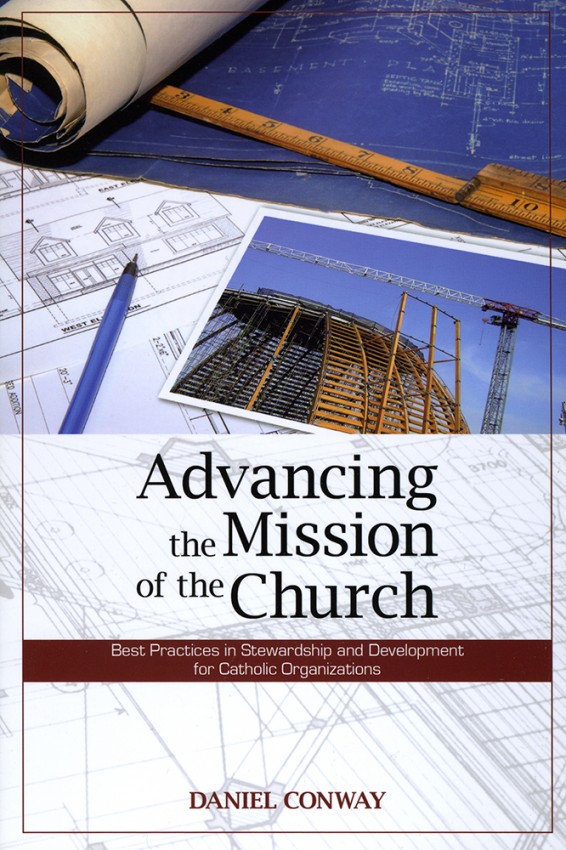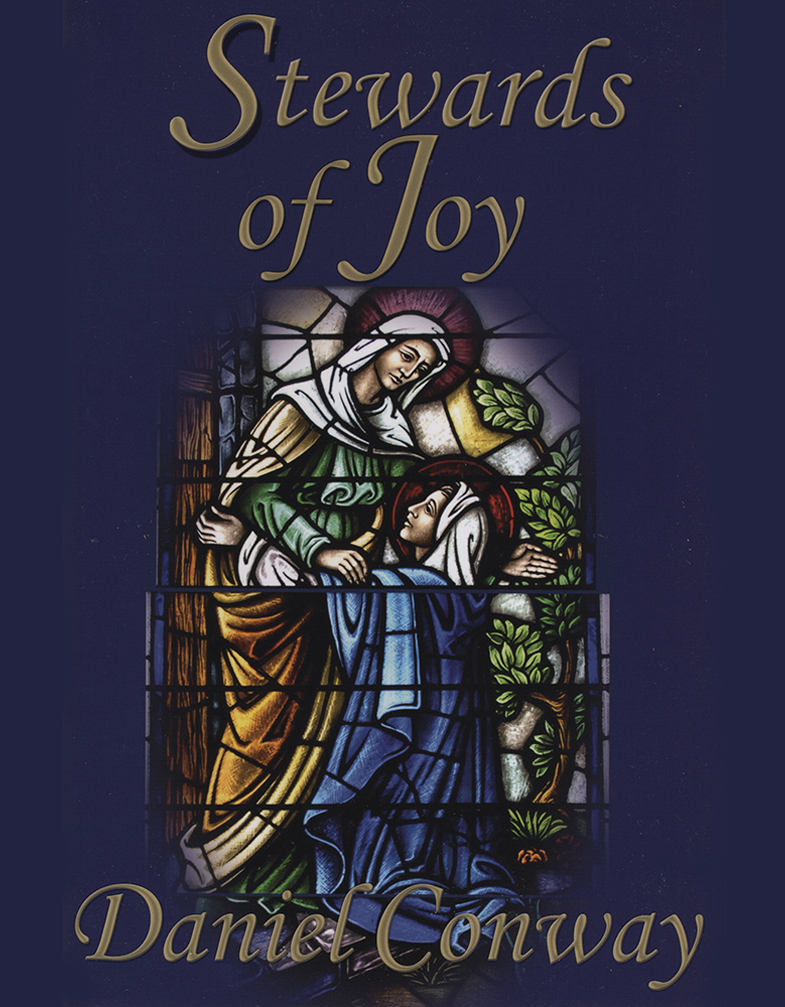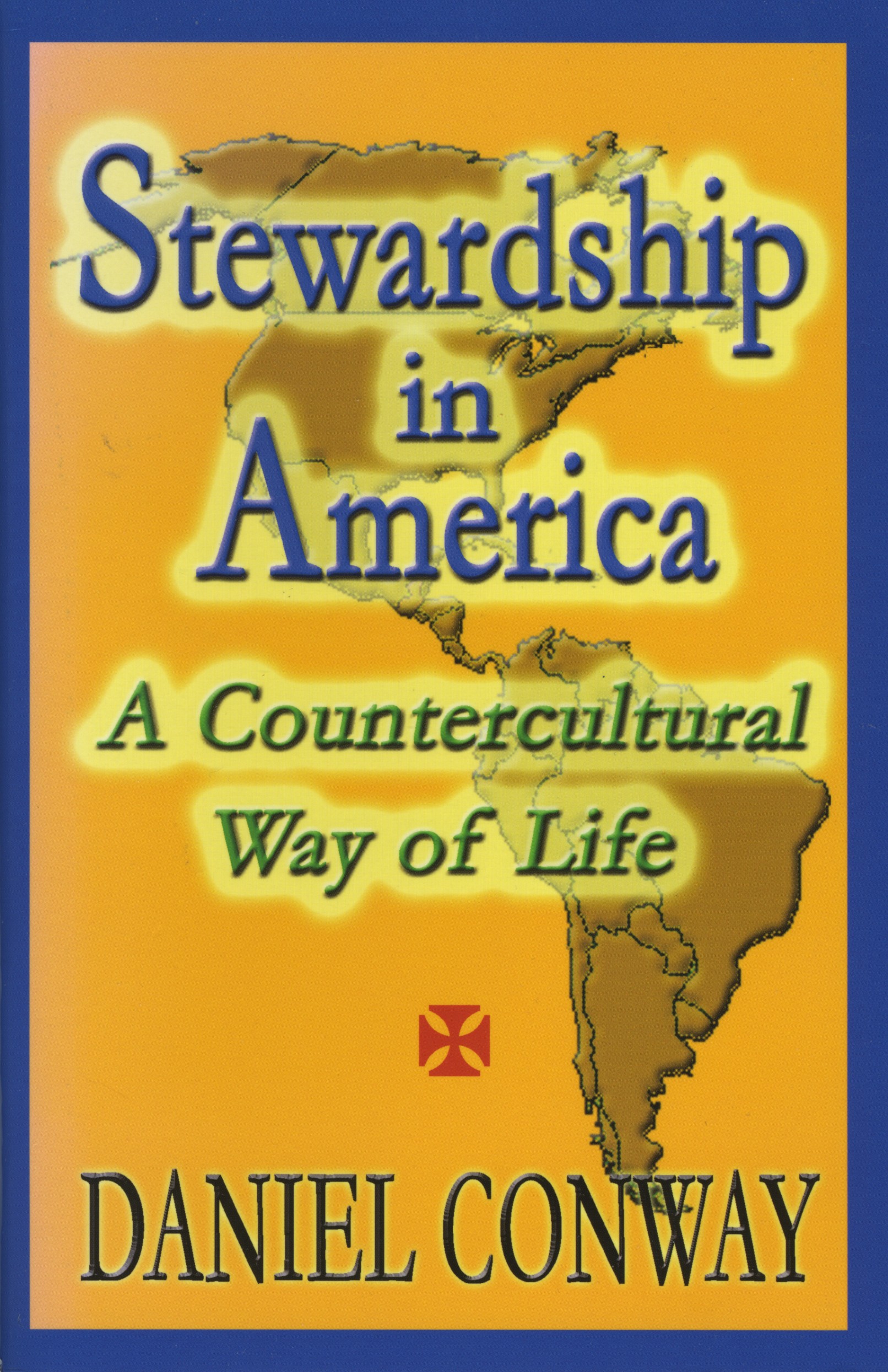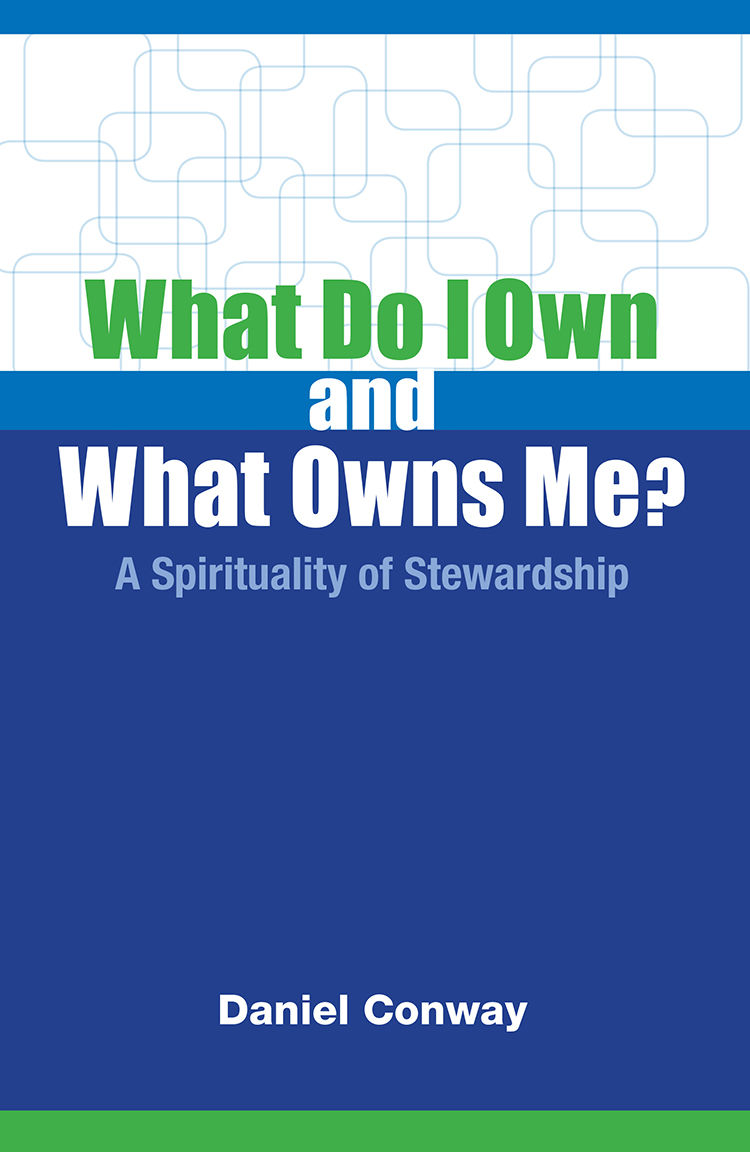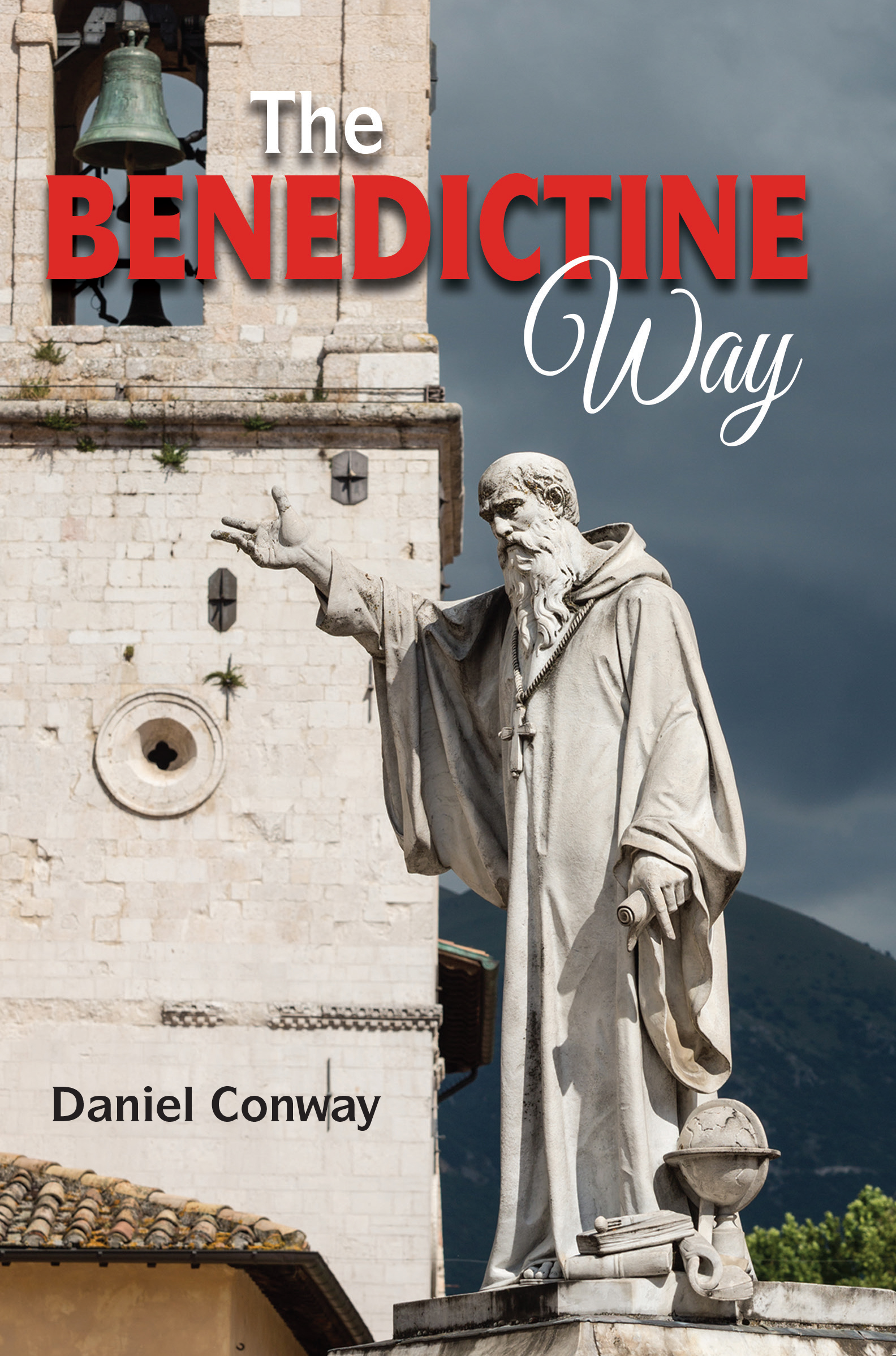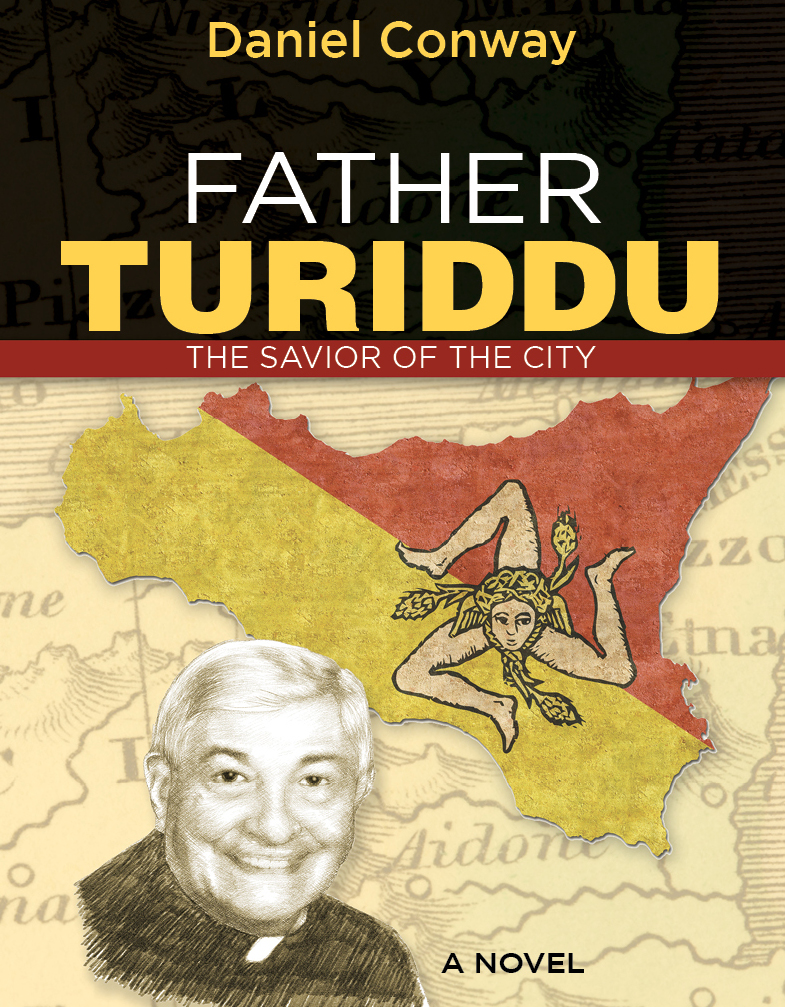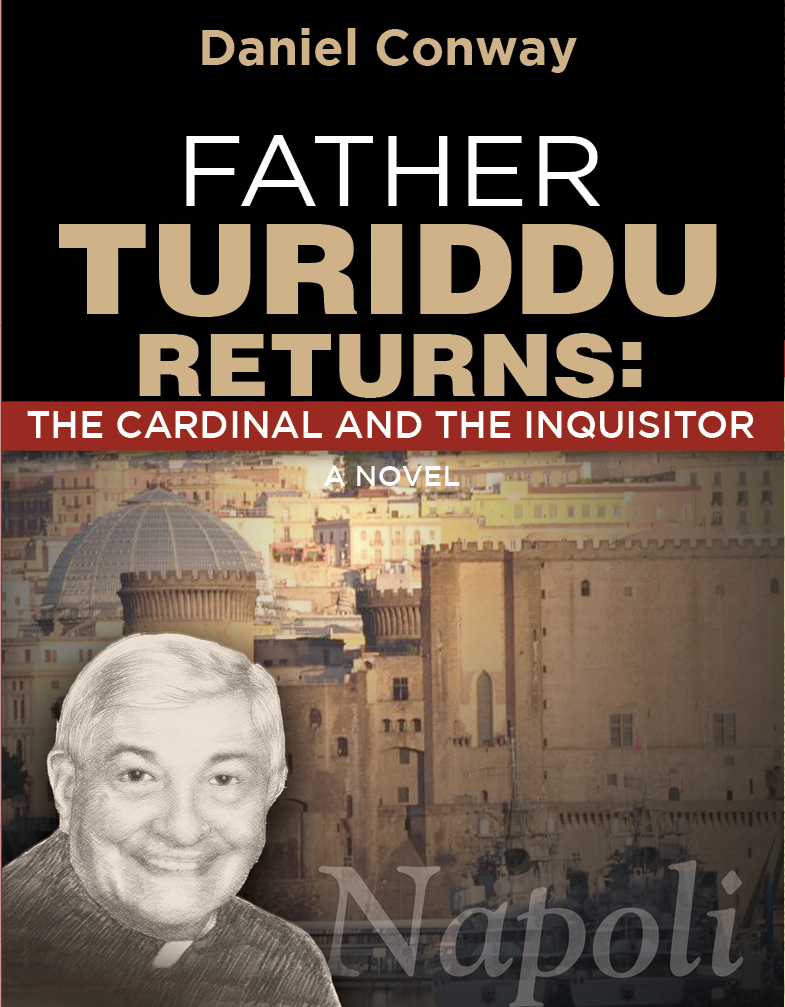On the first day of the week, Mary of Magdala came to the tomb early in the morning, while it was still dark and saw the stone removed from the tomb. So she ran and went to Simon Peter and to the other disciple whom Jesus loved, and told them, “They have taken the Lord from the tomb, and we don’t know where they put him.” (Jn 20:1-2)
The Gospel for Easter Sunday (Jn 20:1-9) tells us that the first person to discover the empty tomb was Mary of Magdala. She came to the tomb early Sunday morning presumably to care for the body of Jesus. When she saw that the stone had been removed, she ran and went to Simon Peter and to the other disciple whom Jesus loved, and told them, “They have taken the Lord from the tomb, and we don’t know where they put him.” St. John tells us that Peter and the other disciple hurried to the tomb to see for themselves.
Peter and his companion were the first eyewitnesses to the empty tomb, but they were not the first to encounter the risen Jesus. That honor, St. John tells us, was reserved for Mary Magdalen.
Mary stayed outside the tomb weeping. When the man she thought was the gardener asked her why she was crying, she repeated her fear that Jesus had been taken away and placed in an unknown grave. “Sir, if you carried him away, tell me where you laid him, and I will take him.”
Jesus said to her, “Mary!” She turned and said to him in Hebrew, “Rabbouni,”which means Teacher. Jesus said to her, “Stop holding on to me, for I have not yet ascended to the Father. But go to my brothers and tell them, ‘I am going to my Father and your Father, to my God and yourGod.’” Mary went and announced to the disciples, “I have seen the Lord!”
Who is this woman who was privileged to be the first human being to encounter the risen Lord? The Gospels tell us that she was one of a group of women who were faithful to Jesus to the end. Unlike the Twelve and the other disciples, they did not abandon him.
Pope Emeritus Benedict XVI has observed that among these holy women Mary Magdalen“stands out in particular. Not only was she present at the Passion, but she was also the first witness and herald of the Risen One.” As a result, the former pope says, St. Thomas Aquinas called Mary Magdalene the “Apostle of the Apostles.”
Although there is no biblical evidence for this, some have suggested that the Magdalen had been a prostitute, and she is often identified with the unnamed woman who washed Christ’s feet with her tears and dried them with her hair. The Gospel of Luke does tell us that before she began to follow Jesus, Mary of Magdala suffered from some kind of chronic difficulty and that “seven demons” had gone out of her. Whatever her past circumstances, Mary experienced the healing and forgiveness of Jesus, and she became someone he trusted and could rely on absolutely until the bitter end.
Pope Francis reminds us that the joy of Easter comes from the love and forgiveness that God shows to all of us regardless of our sins. “To err is human,” the poet Alexander Pope wrote; “to forgive, divine.” Christ died to save us from sin and death. His resurrection guarantees that we can have abundant life. Mercy is the source of Easter joy; God’s forgiveness makes it possible for sinners like Mary Magdalen (and us) to become saints.
As a result of her personal encounter with Jesus, Mary Magdalen became a new person and a powerful witness to the risen Lord. She was a sinner who experienced the wonder of Divine Mercy. As a result, she became a faithful disciple, the Apostle of the Apostles, who shows us all what it means to know, love and serve the Lord.
The six weeks of Lent, which culminated in the Triduum, provided all of us with the opportunity to repent and seek God’s mercy. Now, we get to celebrate the joy of Easter and to embrace the assurance that, like Mary of Magdala, we have seen the Lord!
This Easter season let’s ask Jesus for the grace to encounter him face-to-face. Let’s pray that the Lord’s resurrection will inspire us to change our hearts and our actions. And let’s ask God for the grace to seek his Divine Mercy always so that we may be faithful witnesses to him this Easter season and always.
Sponsored by Graham-Pelton Consulting, Inc.
Copyright © 2015, Daniel Conway Permission is given to copy and distribute this Good Steward Newsletter for use in religious or educational settings provided that proper attribution is given to the author. This publication may not be sold or distributed to the general public without the express permission of the author.


